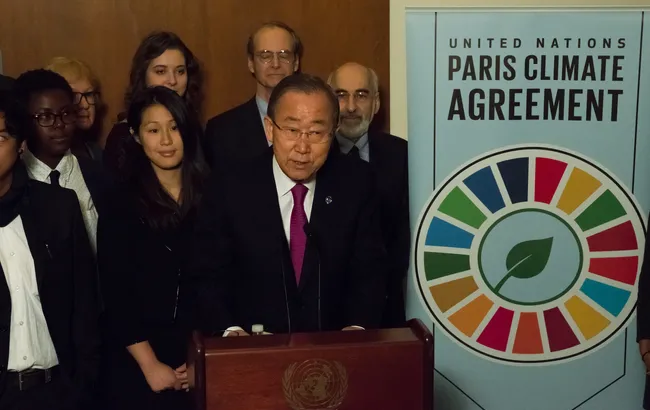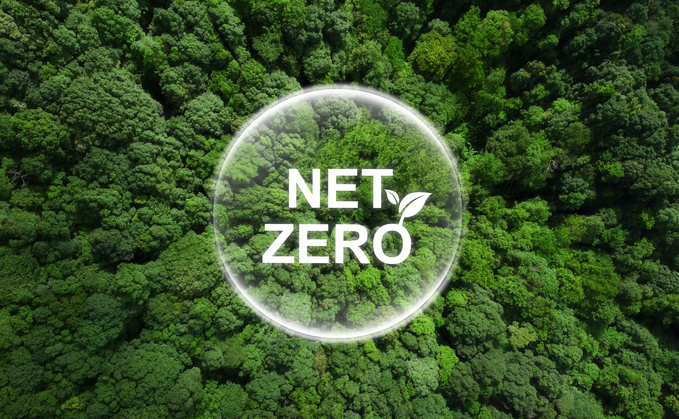
Evolution of Green Skills in the UK: From Awareness to Action

Pre-20th century: the roots of environmental consciousness
In the UK, environmental awareness has always been an integral part of our society. Early efforts can be traced back to the establishment of the first Royal Forests in the medieval period, intended to protect woodlands and wildlife. These early initiatives laid part of the groundwork for the subsequent environmental movements.

Early 20th Century: The rise of environmental movement
The early 20th century saw the rise of organised environmentalism in the UK. Organisations such as the Royal Society for the Protection of Birds (RSPB) in 1889 and the National Trust in 1895 highlighted the growing concern for nature conservation across the country. These organisations played a crucial role in advocating for the protection of natural habitats and encouraging important discussions on the topic.

1970’s: The first Earth Day, Legislative Milestones & Environmental Education
The Environmental Movement gained significant recognition in the UK during the 1970s, including the first-ever Earth Day! Earth Day is an annual event on April 20th to encourage celebration of our planet and encourage further environmentally positive actions. Similarly, the Control of Pollution Act (1974) was a significant milestone, establishing stricter regulations on waste management and pollution control in the air and waterways.
During the 1970s, schools and universities began to incorporate environmental education into the curriculum. This took the form of mandatory Geography and Biology/Natural Science lessons, to encourage students to be environmentally conscious and lay the foundations for future developments, which we now know as green skills.

2000’s: Integration & Innovation
In the 2000s, was the start of a shift in the UK to renewable energy and energy efficiency. The introduction of the Renewables Obligation in 2002 created incentives for the development of renewable energy sources, leading to growth in wind, solar and biomass energy production. During 2000, we saw an increased demand for skills in renewable energy technologies and sustainable energy management.
The concept of green building gained traction throughout the UK during the 2000s. The introduction of the Code for Sustainable Homes in 2006 set new standards for energy efficiency and sustainability in residential construction. The rise of sustainable architecture and the emphasis on energy-efficient building designs created new opportunities for professionals with expertise in green building practices.
The Climate Change Act 2008, which set legally binding carbon reduction targets, reinforced the need for green skills in various sectors, from energy to transportation.

2010’s: Mainstream Sustainability
In 2010, we saw the emergence of the green economy as a key driver of growth in the UK. Initiatives such as the Green Deal in 2013 aimed to improve energy efficiency in homes and businesses, creating a demand for skilled professionals in energy auditing, retrofitting and sustainable construction. The industrial strategy also highlighted clean growth as a central pillar of economic development, promoting innovation and investment in green technologies.
The UK’s commitment to the 2015 Paris Agreement highlighted its dedication to addressing climate change on a national and global level. The agreements aimed to limit global warming to less than 2°C, which in turn increased efforts to transition to a low-carbon economy.

2020s: Green Skills in the Digital Age
The 2020s have brought rapid advancements in technology, driving innovation in green industries across the UK. The integration of digital tools such as AI, Big Data and the Internet of Things (IoT), is transforming sustainable practices for the better. These technologies enable more efficient resource management, predictive maintenance and smart grid solutions, further expanding the scope of green skills.
The UK is increasingly focusing on education and training to equip individuals with the skills needed for the future in a green economy. From short 2 week programmes to higher education initiatives, there is a growing system as to where and how you can learn about green skills and industries.

Moving Forward
The history of Green Skills in the UK highlights the evolving understanding of our relationship with the environment and the recognition of the need for sustainable practices. As the UK moves forward, the importance of Green Skills will continue to grow, driven by the urgency of addressing climate change and the opportunities presented by the green economy. By investing in education, innovation and sustainable practices, the UK can build a resilient and prosperous future for all!

Leave a Reply